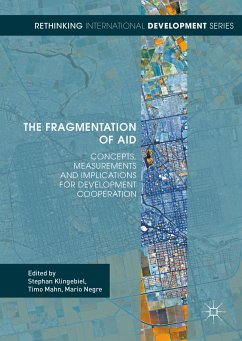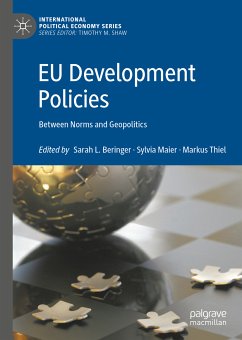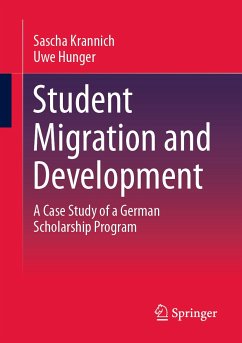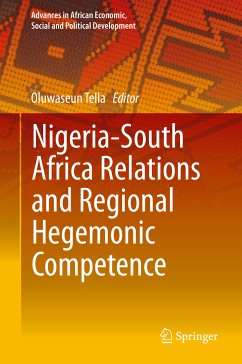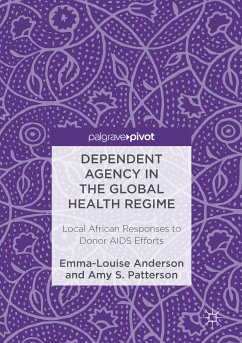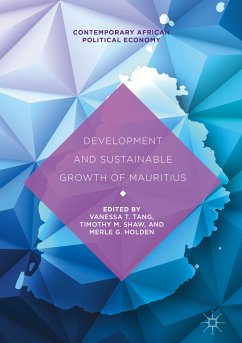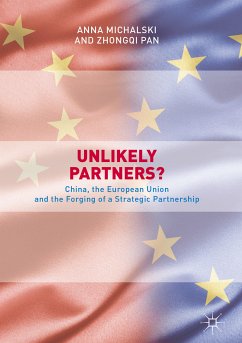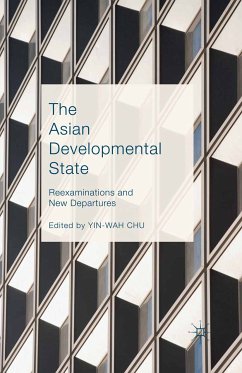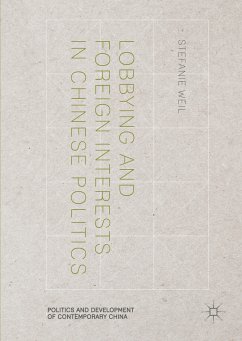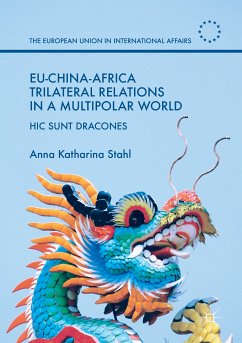
EU-China-Africa Trilateral Relations in a Multipolar World (eBook, PDF)
Hic Sunt Dracones
Versandkostenfrei!
Sofort per Download lieferbar
72,95 €
inkl. MwSt.
Weitere Ausgaben:

PAYBACK Punkte
36 °P sammeln!
This book considers the effect of China's unprecedented economic growth and more prominent geopolitical role in the twenty-first century. Rising powers considerably alter international relations, leading to the emergence of a multipolar world order that impacts more traditional international players like the European Union (EU). China's growing economic and diplomatic influence is particularly relevant in Africa, where it presents an alternative to conventional North-South relations and proposes a new type of South-South partnership. Stahl examines the EU's foreign policy response regarding Ch...
This book considers the effect of China's unprecedented economic growth and more prominent geopolitical role in the twenty-first century. Rising powers considerably alter international relations, leading to the emergence of a multipolar world order that impacts more traditional international players like the European Union (EU). China's growing economic and diplomatic influence is particularly relevant in Africa, where it presents an alternative to conventional North-South relations and proposes a new type of South-South partnership. Stahl examines the EU's foreign policy response regarding China's growing presence in Africa, as well as the EU's attempts to refocus attention on the African continent. Drawing on a rich body of evidence collected through fieldwork in China and Africa, and extensive expert interviews, the author sheds light on the novel trend of EU-China-Africa trilateral relations. The book offers a new analytical framework for the study of the EU's foreign policy ofengagement with emerging powers and will appeal to graduate students and scholars interested in the EU's international role, international relations and development, as well as contemporary Chinese and African studies.
Dieser Download kann aus rechtlichen Gründen nur mit Rechnungsadresse in A, B, BG, CY, CZ, D, DK, EW, E, FIN, F, GR, HR, H, IRL, I, LT, L, LR, M, NL, PL, P, R, S, SLO, SK ausgeliefert werden.



